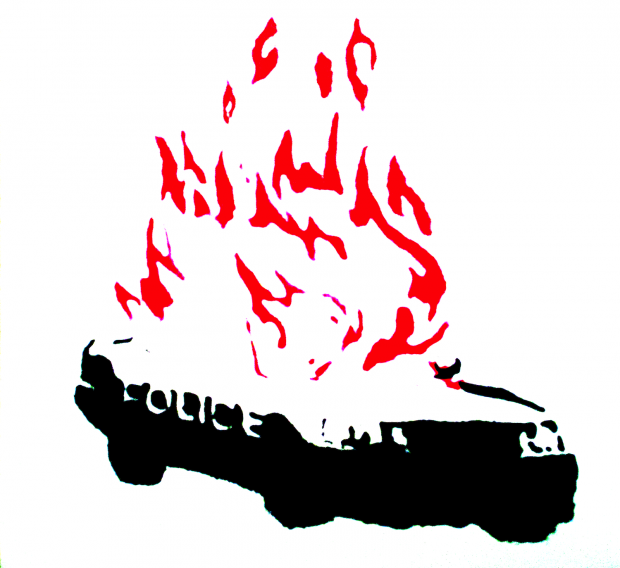8/4: introductory meeting about a "Fire the Cops" reading group
Primary tabs
INTRODUCTORY MEETING, TUESDAY, AUGUST 4, 7:00PM - NO READING NECESSARY
Come out Tuesday August 4, 2015 for Enough Is Enough's introductory meeting about a Fire the Cops reading group where we will get people books, figure out times and dates to meet, where to meet, and other related issues.
7PM
Tuesday, August 4, 2015
Flying Squirrel Community Space
285 Clarissa St.
Facebook event: https://www.facebook.com/events/725647880891586/
If you would like a book, please reply individually to this email. We can get them at a discounted price, but the order will be made sometime next week or the week after at the latest.
Also, Enough Is Enough is looking into bringing Mr. Williams to Rochester to speak. If you would like to help out with this endeavor, again please reply individually to this email. We're specifically looking for a college or two to sponsor him and give him space to speak.
Kristian Williams' analysis and history of police and policing in Amerikkka in his two books, Our Enemies in Blue, and Fire the Cops, ought to be required reading for anyone seriously examining the role of police in society, holding police accountable, or creating civilian-driven community strategies to combat the rampant police abuse, misconduct, and murder, that fly across Facebook feeds every day. Please join us!
About Fire the Cops by Kristian Williams:
Killer cops and cop-killers, "police as workers" and police as soldiers, copwatching and counterinsurgency operations... these subjects and more are examined in this collection of essays by veteran activist Kristian Williams, released to mark ten years since the first publication of his book Our Enemies in Blue in 2004.
In section one, focusing in on police murders in Portland, Seattle, and Oakland, Fire the Cops! examines the relationship between working-class communities (predominantly Black) and the police, showing how police violence and impunity function to buttress the power of the State, and arguing that the left should recognize the political content of much of the violence directed against police.
Next, in section two, Williams traces the history of the sometimes confusing relationship between the police and organized labor, from the age of the Pinkertons to the much publicized involvement of police in the protests against Wisconsin Governor Scott Walker in 2011, and varied police responses to the Occupy movement around the same time. Addressing claims that "police are workers too", Williams shows how any instances of police acting in solidarity with the working class have been atypical, inconsistent, and fleeting at best.
By far the most in-depth section of Fire the Cops! is the third section, a study of the role of police in counterinsurgency operations. Drawing on a range of sources, including activist reports and the U.S. Army's Field Manual on Counterinsurgency, Williams shows how, from "anti-gang" operations to "community policing", military theories of repression are increasingly being applied in oppressed communities across the United States.
Finally, in the concluding section, Fire the Cops! takes on some of the questions facing those of us engaged in copwatch activities, as well as the position that the police should be abolished, not reformed. Here, Williams maps out some of the conclusions this practice and position imply for our communities and movements, both today and tomorrow.
Fire the Cops! is a collection of several essays written in the decade following the publication of Our Enemies in Blue, years in which Williams was heavily involved in the Rose City Copwatch organization in Portland. This book can be read as a supplement to Our Enemies in Blue, or on its own, as a series of attempts to apply historical lessons to circumstances as they unfold.
Including both reports from the frontlines and reconnaissance into the plans and practices of our opponents, Fire the Cops! is intended to help inform future critique, and further struggle. Fire the Cops! includes several photographs by Bette Lee, documenting protests against the police in Portland, Oregon, during the years these essays were being written.










